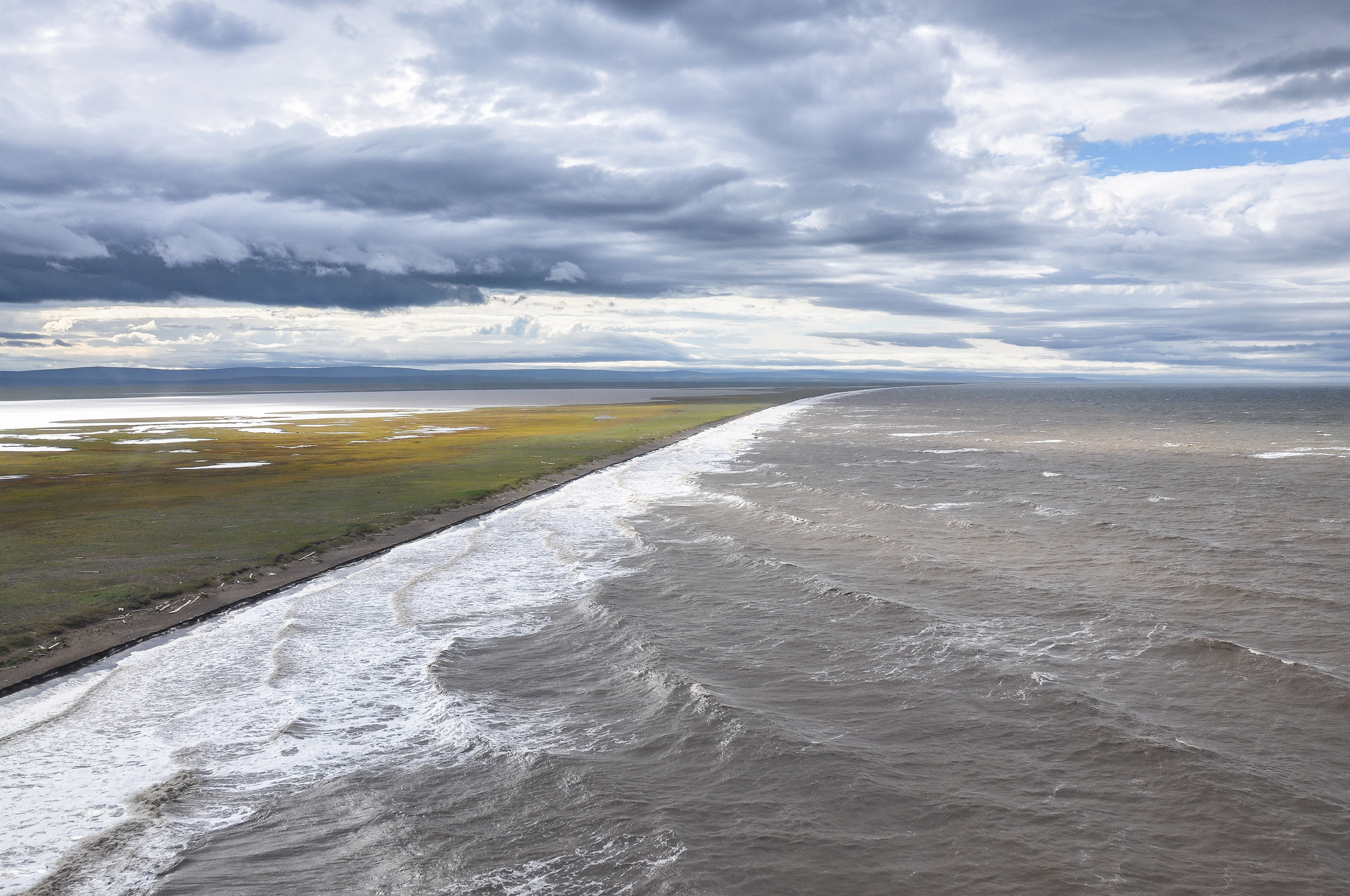Open and warm waters off Arctic Alaska spark ‘bold’ forecast for warm October
It's the first time forecasters have predicted significantly warmer weather with a probability of greater than 80 percent.

The lack of sea ice off Alaska and the persistence of warm temperatures in the open waters there have set up an unusual weather situation — a near-certain forecast of significantly higher-than-normal temperatures for northwestern Alaska.
The National Oceanic and Atmospheric Administration’s Climate Prediction Center forecasts and 85 percent chance that northwestern Alaska will have temperatures significantly warmer than normal in October.
That is the “first time in recorded history” that the Climate Prediction Center has issued a probability above 80 percent, said Rick Thoman, climate science and services manager for the National Weather Service in Alaska.
“That is a really bold forecast, but all the pieces are in place,” he said at his monthly Alaska climate outlook briefing, held on Friday.
Sea-surface temperatures “are about as warm as they’ve ever been” in that region, hitting levels up to 4 degrees Celsius above normal in the northern Bering Sea and southern Chukchi Sea.
For fall and early winter, all of Alaska is expected to have weather that is both significantly warmer and significantly wetter than normal, according to the Climate Prediction Center forecast.
The wetter-than-normal conditions are part of a clear pattern in place since at least 2003 that is linked to sea-ice retreat, Thoman said.
The Climate Prediction Center’s forecast for a wetter-than normal early winter is influenced by an expected El Nino weather pattern in the North Pacific Ocean.
Thoman, a climate-science fixture in Alaska, is retiring from the National Weather Service this month and moving to the Alaska Center for Climate Assessment and Policy, a NOAA-funded program headquartered at the University of Alaska Fairbanks.